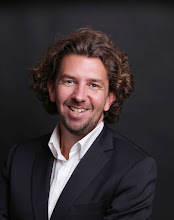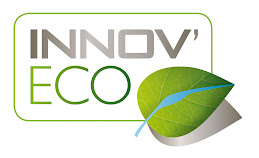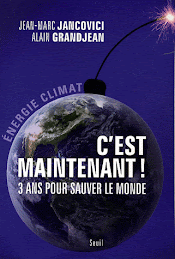
In France, micro-algae are the subject of attention of researchers. Among their benefits, compared with current biofuels, micro-algae photosynthetic performance promise a much higher metabolic plasticity and a much larger makes it easier to steer bioproduction to certain fatty acids. The control of nutrient recycling allows for control of the cycle of nitrogen and phosphorus. They do not require input of plant health and provide many valuable by-products and technologies used in developing countries.
Since late 2006, a French project named Shamash aims to produce biofuel from microalgae autotrophs. The primary objective is to assess the technical and economic feasibility of a production of methyl ester.
Microalgae can accumulate up to 50% of their dry weight fatty acids, to consider yield per hectare 30 times greater than for biofuels derived from crop land. They can provide 20 to 75 m3 of oil per hectare per year, according to sources. This project includes researchers from several research organizations, INRIA, CNRS, IFREMER, CEA, CIRAD, and universities in Nantes and Aix en Provence, and two companies, Valcobio and Alphabiotech. The project includes both specialists in the culture, physiology and use of micro-algae, as specialists in the optimization of biotechnological processes, biofuels and extraction and purification of lipids.
Among them, the team COMORE from INRIA Sophia Antipolis, associated with the Laboratoire d'Océanographie de Villefranche, seeks to understand and quantify the physiological mechanisms underlying order to define the optimal conditions for production of oil, while maintaining a strong growth of algae.
Numerical modeling plays a crucial role to predict the amount of carbon stored by the algae in the form of oil, according to conditions of stress and environment. We need to find a compromise between the strong growth of microalgae and production of oil related to a nutritional stress.
Shamash project has a total budget of 2.8 million euros. The National Program of Research on Bioenergy (PNRB) of the ANR contributes to the tune of 0.8 million euros. The project is coordinated by O. Bernard (INRIA Sophia-Antipolis).
Source : Shamash
More information on Algae : Algae World in Rotterdam
Algae World 2009
27-28 Apr, 2009 - Rotterdam
Algae World 2009 dives into the following sessions :
-Managing an efficient value chain - multiple output & revenues
-Full utilization of algae's potential - markets and technology of converting to Biodiesel, Bioethanol, Carbon Sequestration, Water Remediation, Biogas, Biochemicals, Animal Feed
-Capabilities and limitations of Open System vs. Closed System / Hybrid
-Algae Productivity and Photosynthetic Efficiency
-How to achieve target production cost?
-Innovations & breakthroughs in algal harvesting
-Best practices in algal biomass processing
-Impact of difficult credit markets on clean-tech private equity investment
-Full utilization of algae's potential - markets and technology of converting to Biodiesel, Bioethanol, Carbon Sequestration, Water Remediation, Biogas, Biochemicals, Animal Feed
-Capabilities and limitations of Open System vs. Closed System / Hybrid
-Algae Productivity and Photosynthetic Efficiency
-How to achieve target production cost?
-Innovations & breakthroughs in algal harvesting
-Best practices in algal biomass processing
-Impact of difficult credit markets on clean-tech private equity investment



















